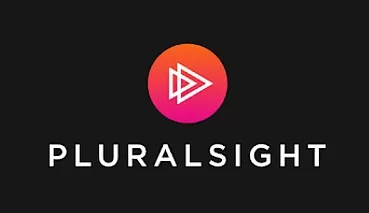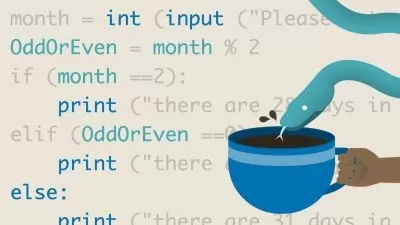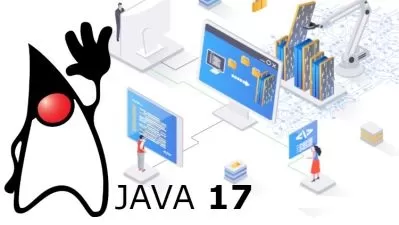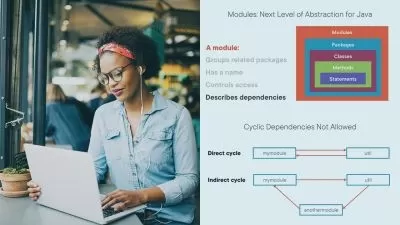Lambda Expressions in Java
Jose Paumard
2:52:07
Description
Lambda expressions were added to Java more than 10 years ago. This course explains how you can write lambdas, how you can create your own and compose them, and how to use them to improve the readability of your code.
What You'll Learn?
Lambda expressions in Java are a classical tool that you can use to organize your applications and write better code. You can use them as is, but you can also go one step further and create your own. In this course, Lambda Expressions in Java, you will learn how to write lambdas and use them in your applications. First, you will explore how some APIs of the JDK have been built on lambda expressions, and how it brings better patterns of code that are more readable and easier to maintain. Then, you will see how the Java type system works for lambda expressions, how you can compose lambda expressions, and how you can write lambda expressions as method references. Finally, you will learn how to design your own lambda expressions by creating your own functional interfaces. When you are finished with this course, you will be able to write lambda expressions and method references easily, by just seeing the type of the lambda you need, and you will be able to refactor your existing code to leverage the level of quality that lambda expressions can give you.
More details
User Reviews
Rating
Jose Paumard
Instructor's Courses
Pluralsight
View courses Pluralsight- language english
- Training sessions 61
- duration 2:52:07
- level advanced
- English subtitles has
- Release Date 2024/11/04











